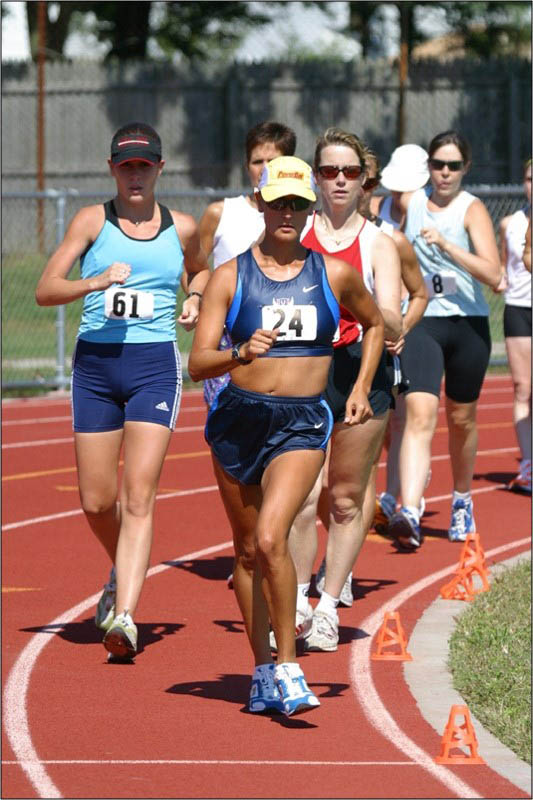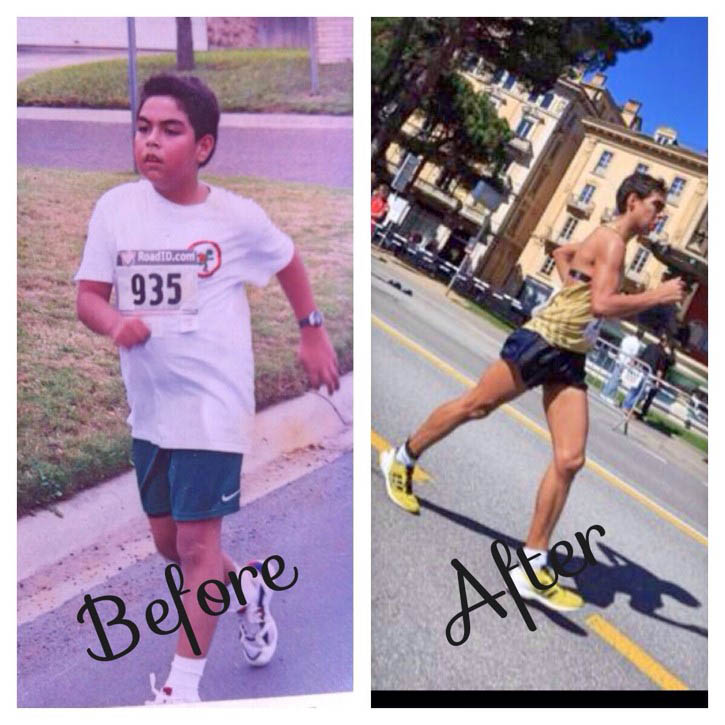Why Walk?

What should be obvious is that if you exercise your performance exercising will increase. Anyone who has started a walking (or exercise) program and continued it for a few weeks finds that their ability to perform the same activity they tried initially gets easier. Your body goes through many physiological changes as you exercise. According to the American Heart Association you get the following benefits:
- Exercise training results in decreased myocardial oxygen demands for the same level of external work performed, as demonstrated by a decrease in the product of heart rate × systolic arterial blood pressure (an index of myocardial oxygen demand).
- Exercise training favorably alters lipid and carbohydrate metabolism.
- Regular exercise in overweight women and men enhances the beneficial effect of a low-saturated fat and low-cholesterol diet on blood lipoprotein levels.
-
Cross-sectional studies reveal that, compared with sedentary individuals, active persons are more likely to be better adjusted,65 to perform better on tests of cognitive functioning,66 to exhibit reduced cardiovascular responses to stress,67 and to report fewer symptoms of anxiety and depression.

Hippocrates knew it all along. He stated "Walking is man's best exercise."
Alex Chavez learned it firsthand. Few would recognize the young, slightly chubby boy on the left as the current elite USA race walker Alex Chavez. Alex's family had a history of sedentary-related diseases like diabetes and heart-disease. Alex was headed down the same path. He was an over-weight inactive child until he got introduced to the fighting turtle of the South Texas Race Walking club. Soon Alex was speeding around the track, but more importantly he broke a cycle of inactivity that has lead Alex not just to championships, but a healthy lifestyle.








